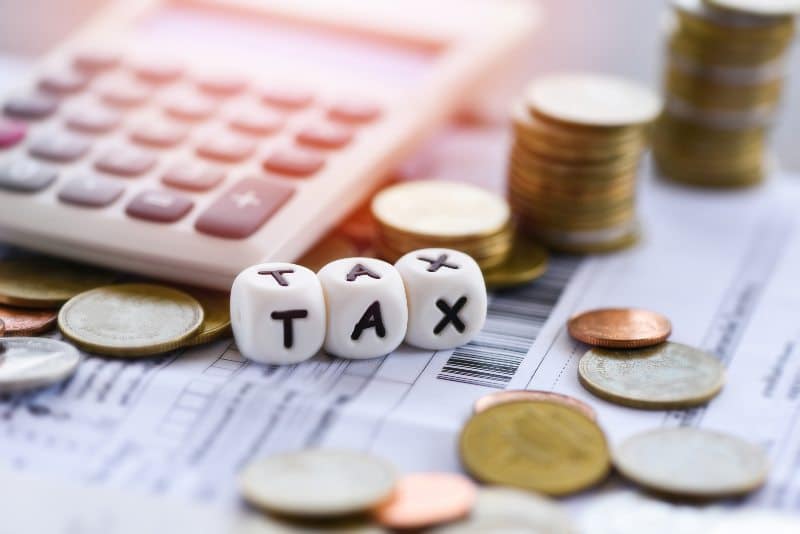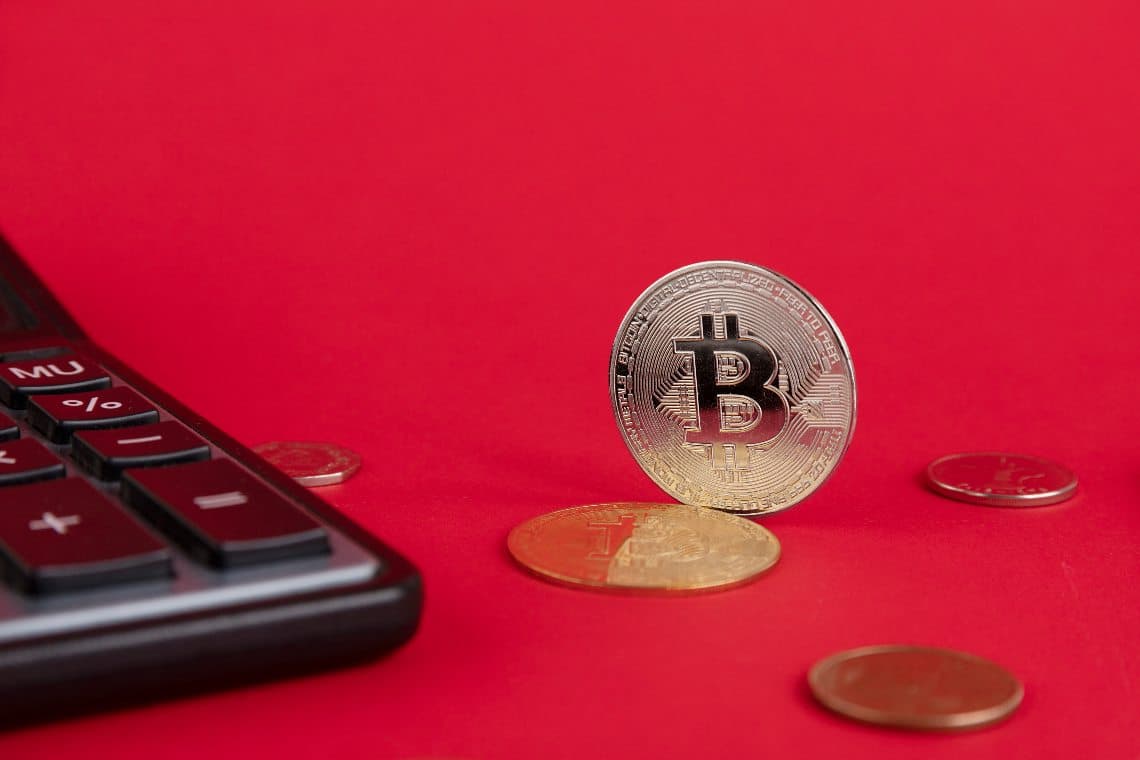The Italian tax authorities have just published a new document on the subject of cryptocurrencies: it is the response to interpello n. 788/2021, issued last November by the Revenue Agency.
Summary
No solution
The crypto world immediately began talking a great deal about this document, even though it does not really offer any significant contribution to the solution of problems that have been on the table for some time. Problems which, in the relevant institutional forums, no one seems to want to take on in order to arrive at a correct and sufficiently in-depth framework.
The themes are always the same: the equating of cryptocurrencies to foreign currencies, and consequently, the taxation of the capital gains accrued for the purposes of income tax; the presumed necessity of declaring cryptocurrencies in the infamous RW framework, relative to the financial assets held abroad.
The solutions so far provided by the tax authorities to both issues are really difficult to accept and agree with on a legal level.
Much obstinacy about theses without substantial supporting arguments leads one to think that this is a real game plan: given a complex problem, approximate answers are given, often of convenience, with little or no reasoning, and they persist to the point of exhaustion. The taxpayers, who suffer the effects of this and their professionals, are then expected to gradually give in and digest the identical answers, in spite of any reasonable argument to the contrary.
Interpello 788/2021: what changes for crypto in Italy
But let’s examine more closely this new response to the appeal.
On the issue of capital gains, the tax authorities reiterate the equivalence of cryptocurrencies to foreign currencies, limiting themselves to citing the previous infamous resolution no. 72/E of 2016 and referring to art. 67 co.1 lett. c) ter and art. 67 co. 1 ter of the TUIR (the consolidated law on income tax) which regulate the taxation of income obtained from capital gains on foreign currencies.
Now, the proverbial rivers of ink have been spilled on the equalization (or rather, on the impossibility of equalization) of cryptocurrencies or virtual currencies to foreign currencies. Those who maintain that the equating of cryptocurrencies to foreign currencies does not hold up, have two important bulwarks on their side.
One is in the judgment of the Court of Justice of the European Union of 22 October 2015, in case C-264/14 (the famous Hedqvist judgment), which clearly states that virtual currencies are something different from currencies with legal tender, endowed with the capacity to pay.
The second, even more precise, is given by art. 2 of DPR 148/1988 (Unique text of the rules of law relating to currencies), which sets out in detail what is meant by foreign currency (which specifically speaks of “foreign bank and State notes which are legal tender”), from the wording of which it is unequivocally clear that cryptocurrencies and virtual currencies in general are something completely different from foreign currencies, as the legislator intended to qualify them.
To these two powerful objections, neither the practice documents nor the case law have put forward convincing arguments. In fact, they have not put forward any arguments at all. Nevertheless, the official line of the tax authorities remains that cryptocurrencies should be treated as foreign currencies.
Similar considerations apply to the second issue, namely, whether cryptocurrencies need to be declared in the RW framework.

Crypto subject to monitoring
The law obviously makes no specific mention of cryptocurrencies or virtual currencies. Nevertheless, the interpretation of the tax authorities is that cryptocurrencies would fall within the perimeter of those financial assets which, if located abroad, would be subject to the monitoring obligation. Thus, in the instructions for the compilation of the tax return, there is a specific indication of the need to indicate these assets in the RW framework.
However, this still does not answer the fundamental question: even assuming that cryptocurrencies are abstractly classifiable as financial assets (which is far from obvious), if and under what conditions can we say that they are held abroad?
One of the criteria that many have considered reasonable is that of the availability of private keys: the obligation is triggered depending on whether they are held by the Italian taxpayer or by foreign platforms.
Until yesterday, the Italian tax authorities had not provided any specific answer to this suggestion. It should be noted that, contrary to what has become a widespread (and erroneous) belief, ruling no. 1077/2020 of the TAR Lazio, which dealt with the issue with respect to the legitimacy of the instructions for completing the tax return, did not at all affirm the existence of an unconditional obligation to include cryptocurrencies in the RW framework.
Instead, the Regional Administrative Court limited itself to stating that the issue could not be addressed for procedural reasons, also related to the jurisdiction of the Administrative Court.
Now, the answer to interpellation no. 788/2021, finally explicitly addresses the problem. Unfortunately, however, the solution offered is unmotivated and lacks serious and substantial logical or legal arguments.
On this point, the Agency states in a lapidary and laconic manner:
“It is considered that for all virtual currencies held by the Applicant, i.e. also for those of which it directly holds the private key, there is the obligation of fiscal monitoring under the Legislative Decree no. 167 of 1990 and, consequently, the Applicant is required to fill in the RW Form”.
However, how and why this conclusion is reached is not explained: it is a dogma that implies an act of faith. It is a pity that the OECD, which has tackled the issue at a very different level, has provided an indication that goes in the opposite direction.
Article 4 of the Model Tax Convention on Income and on Capital (OECD Document of 21.11.2017), in fact, states that there should be no obligation to include in tax monitoring those cryptocurrencies of which the resident individual has the availability of the private key.
Apart from this, regardless of how one wants to put it, it is really difficult to logically justify the idea that cryptocurrencies held in an offline wallet (perhaps a cold storage or a paper wallet) in the pocket of an Italian taxpayer who also has the private key, can be qualified as a foreign financial asset: it is not clear what could be foreign in all this.
In short, despite this new document, the problems remain unresolved, while the response of the tax jurisprudence is still lacking.


